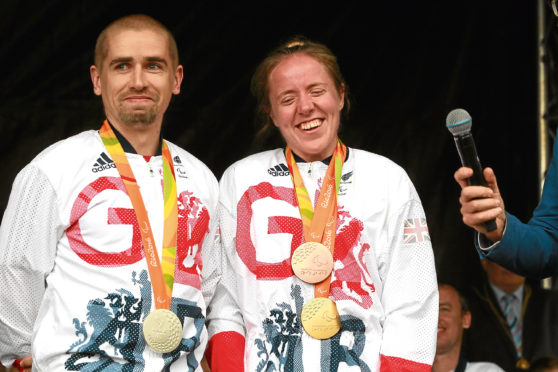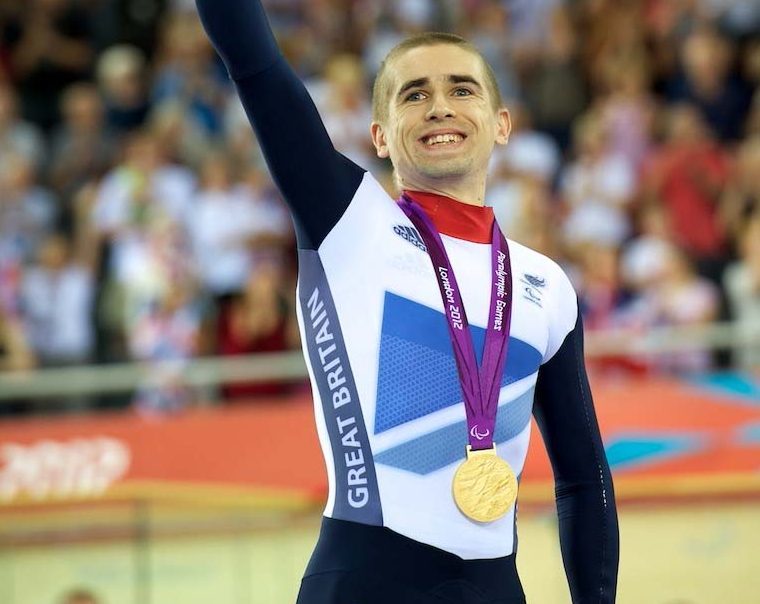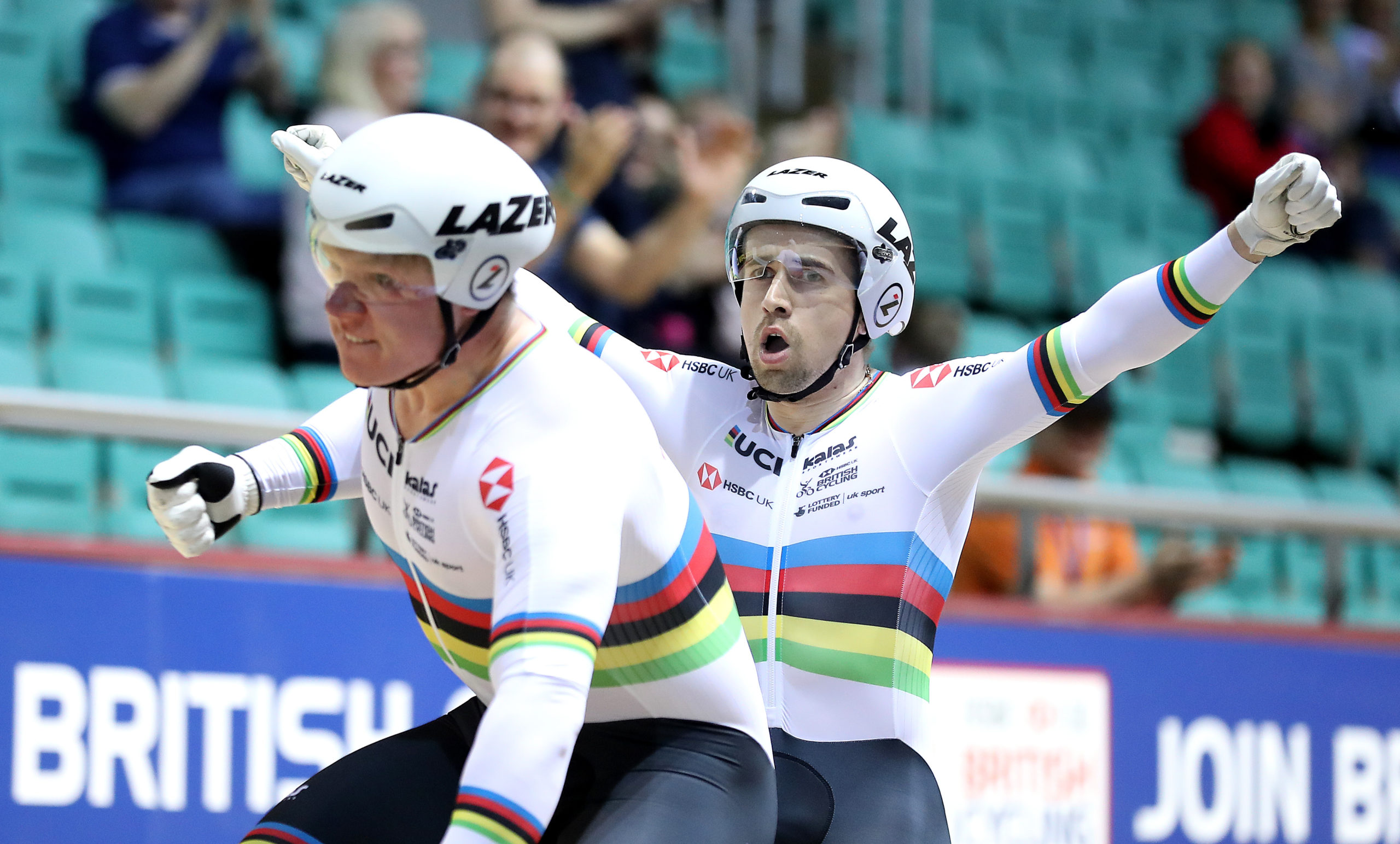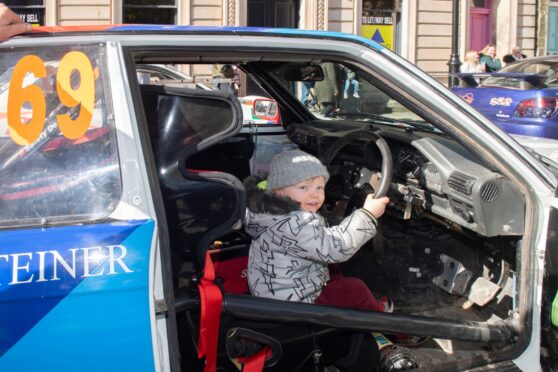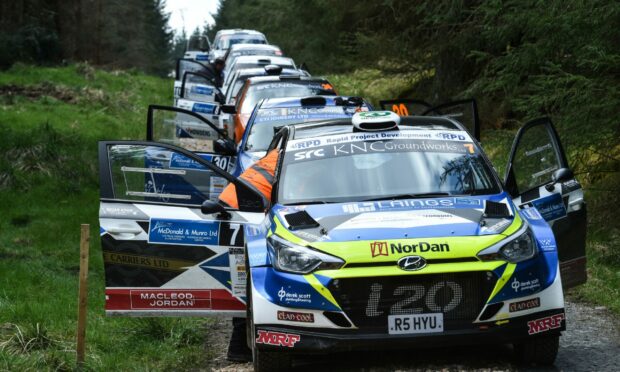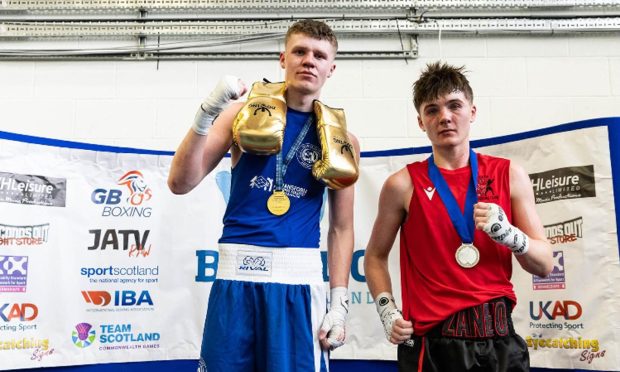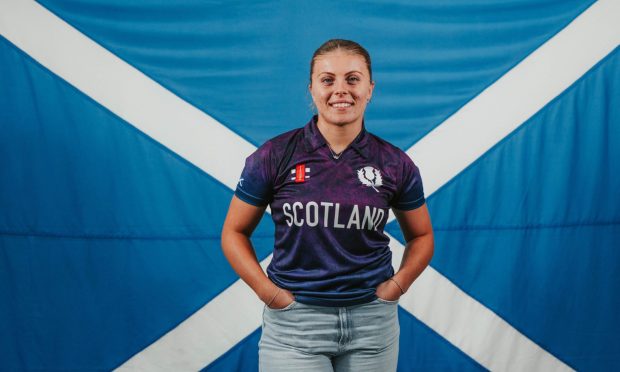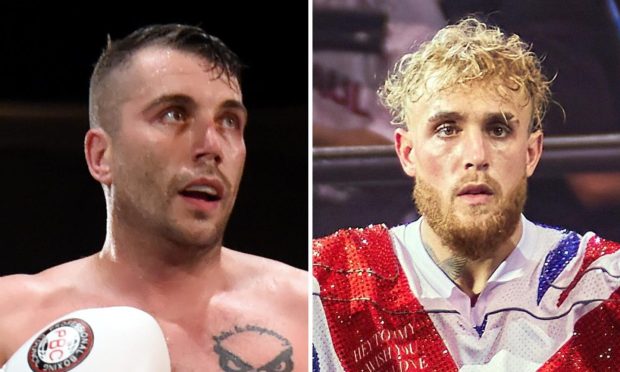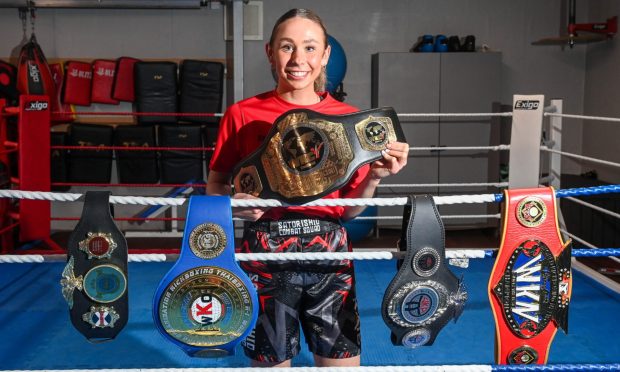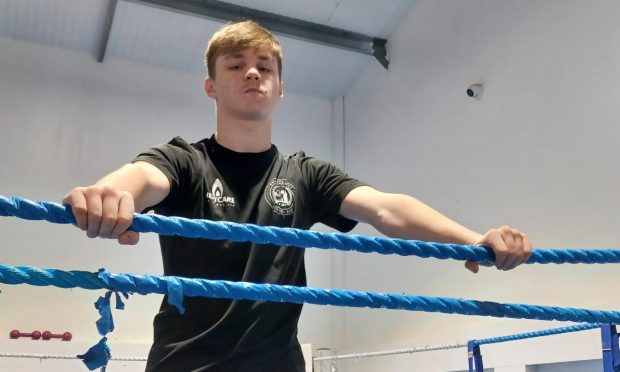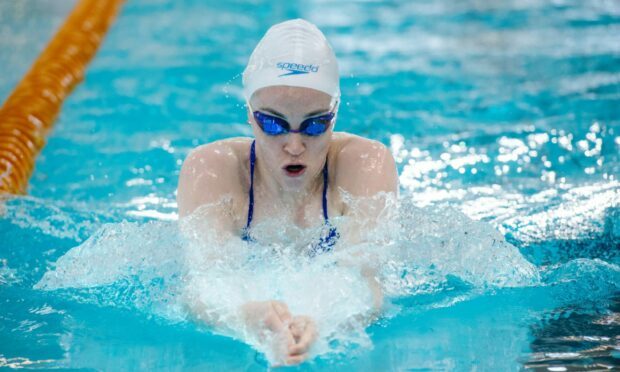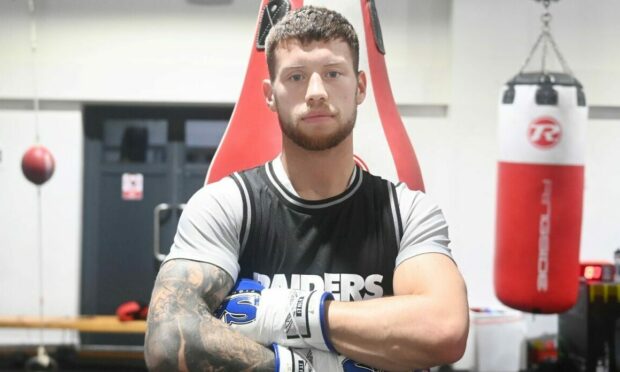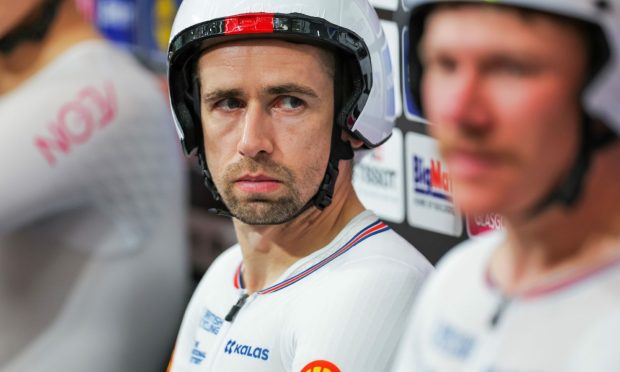Neil Fachie is determined to make the most of his sight.
The Aberdonian has lived all his life with retinitis pigmentosa, a genetic disorder of the eyes which causes loss of vision.
The gold medallist in tandem men’s 1km time trial at the Paralympic Games has been told he will eventually lose his sight completely.
However, Fachie doesn’t intend to let that hold him back in the future, even if initially it was something he struggled to comprehend.
The 36-year-old said: “Although I’d been told I would go totally blind, it was something I didn’t really accept and, although I’d heard it, I didn’t really believe it.
“My eyesight deteriorates pretty slowly, so I don’t really notice any difference day-to-day.
“I look at how I cope now compared with five or 10 years ago and I can see a vast difference and you realise over time that things are deteriorating and you see other people with the condition who have lost more sight than I have.
“You waken up to it a bit more and I’m at the stage now where I’m thinking about the things I would like to do while I’ve still got sight.
“It becomes more challenging when I lose what I’ve got and it’s making me make the most of the time I’ve got with my sight.
“Things like finishing my book and continuing to enjoy my sport. I’ll have to readjust and adapt as things get worse.
Fachie recently launched his first book:
https://www.eveningexpress.co.uk/fp/sport/local-sport/fachies-desire-to-remain-in-the-fast-lane/
“It’s not a world for visually impaired people, so you are constantly adapting, but if you’re good at problem solving you find ways to overcome the challenges. I think that’s something both my wife Lora and I are pretty good at.”
Fachie’s wife Lora lost her sight as a young child and he says she is a great inspiration to him.
The man, who hopes to compete in a fourth Paralympics in Tokyo next year, added: “I’m constantly adapting how I live my life as my eyesight gets worse.
“But I’m in the blessed position to have a wife who has been totally blind almost since birth and I’ve been able to see what you can achieve without sight.
“So that’s been inspiring and in some ways a kick up the backside because you can’t feel sorry for yourself so that’s been a blessing.
“Lora came from a family of visual impairment and from a young age she was encouraged to walk down to the postbox at the end of the road.
“It wasn’t a wrap you up and keep safe approach, it was a get out and take on the world approach.
“When I met Lora I was probably still shying away from my condition, but she sort of gave me the kick I needed to stop feeling sorry for myself and go out and get on with things.
“That definitely helped and when I do lose my sight she’ll be the one helping me and also making I don’t sit around and feel sorry for myself, which is good.”
Growing up in the Granite City, Fachie admits he was very guarded about his condition.
The man who switched from athletics to cycling following the 2008 Paralympics in Beijing didn’t want people to know about the challenges he faced.
“My disability was something I hid from a lot of people for a long time,” he said.
“I didn’t want people to know I had a visual impairment when I was younger and very few of my friends knew.
“I wouldn’t ask for help and I didn’t really accept it. It was kind sad looking back that I was doing that.
“It was only when I got involved in disability sport that I was known as someone with a disability and I couldn’t really shy away from it any more.
“In recent years I’ve been a lot more open about it. I’ll walk with a white cane if I’m struggling.
“When I was younger, my central vision was still reasonably good, so I could walk about and people would have no idea.
“But in low level light it was already quite bad and in winters in Aberdeen it gets dark early.
“People were asking if I wanted to go out in the evenings and I would always say I couldn’t because of my sport and my training, but it was always just an excuse.
“People only ask you so many times and then they don’t bother, so my social circle became smaller because I didn’t tell people about my condition.
“So I look back and I do feel bad for that young man who thought people would think of less of him because he was struggling with something.”
‘It’s hard to go into shops when you can’t see the social-distancing lines on the floor’
The coronavirus pandemic has created unique problems for Neil Fachie and his wife Lora.
The couple have been avoiding supermarkets as they would struggle to obey social distancing measures.
Lora uses a guide dog, while Fachie’s condition, retinitis pigmentosa, means he has difficulty seeing the guidance lines on the floors of shops which show people the appropriate distance they need to be from others.
As restrictions are gradually eased, British Cycling has started to plan for cyclists returning to the Manchester Velodrome to train.
Fachie, who has been training at home for the last few months, is wary of going back too soon, particularly as he would need to use public transport to get from his home to the velodrome.
He said: “It’s quite challenging, particularly as we’re coming out of lockdown.
“There’s social distancing and I’ve not been going to shops because I can’t really see lines on the floor and where you’re meant to stand, so that makes me unsure.
“We’ve also started discussing going back to training at the velodrome and I’ve been thinking about and I’d be taking a bus or a tram to get there and again I would struggle to see where it was safe for me to sit.
“If I walk out of the sun and on to a bus where it’s darker, it takes my eyes about five minutes to adjust.
“So then you could end up sitting where you shouldn’t and you don’t want to do that. It’s probably more of a challenge for Lora because she has a guide dog and it doesn’t know you need to be two metres away from people.
“So it will probably be a little while longer before we start getting out and about again and a lot of visually impaired people will probably be the same.”
